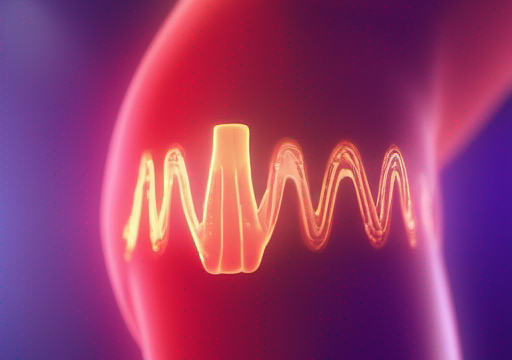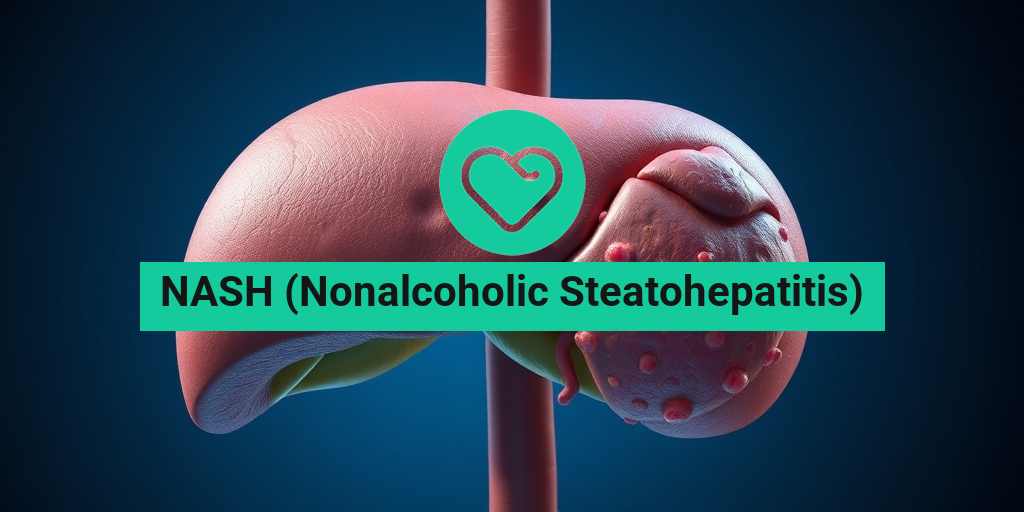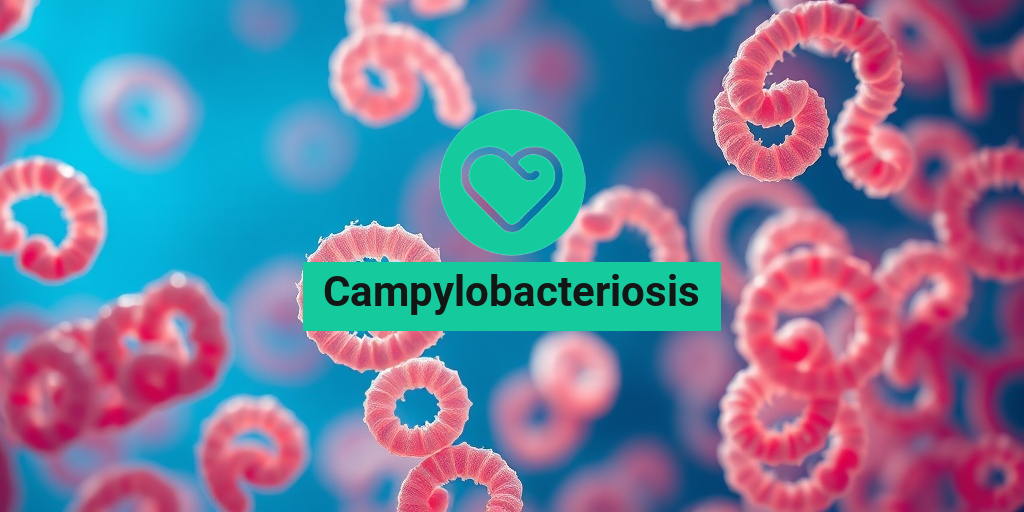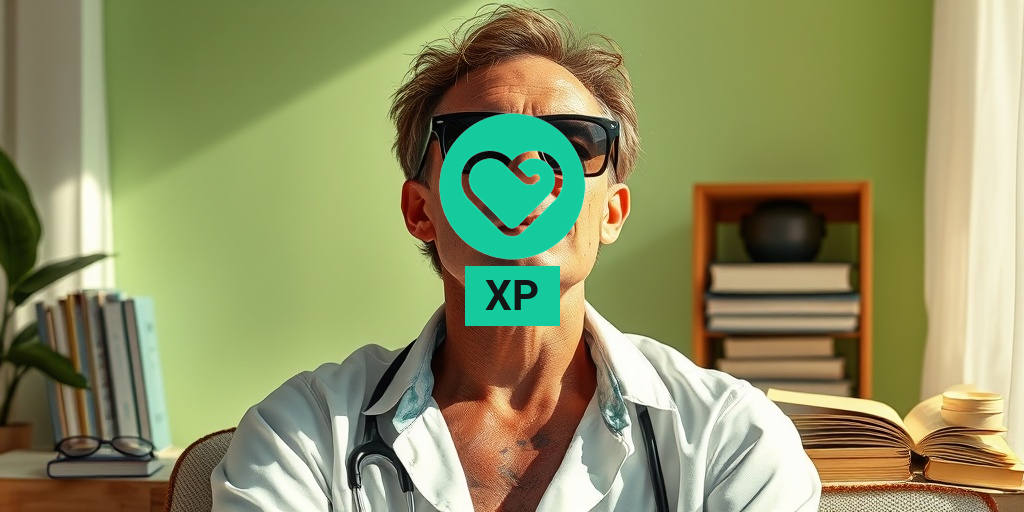
🚨 Seriousness of symptom: normal
Hey there! 👋 Let’s talk about hypertension, specifically when the blood pressure is over 140 mmHg. Hypertension is a common condition where the blood pressure in the arteries is elevated, and it can lead to serious health problems if left untreated. 💀
When the blood pressure is over 140 mmHg, it can cause damage to the blood vessels, increase the risk of heart disease and stroke, and even lead to heart failure. 💔 It’s important to know that hypertension can be a silent killer, as it often doesn’t cause any symptoms until it’s too late. 😱
So, what can you do to prevent or manage hypertension? 🤔 Here are some tips:
🌟 Exercise regularly: Regular physical activity can help lower blood pressure and improve overall health.
🥗 Eat a healthy diet: A diet rich in fruits, vegetables, whole grains, and low-fat dairy products can help lower blood pressure.
💆♀️ Manage stress: Stress can raise blood pressure, so finding ways to manage stress, such as through meditation or deep breathing, can be helpful.
💉 Take your medication as prescribed: If you’ve been diagnosed with hypertension, taking your medication as directed can help lower your blood pressure.
💭 Get regular check-ups: Regular check-ups with your healthcare provider can help monitor your blood pressure and catch any potential problems early.
Remember, hypertension is a common and manageable condition, but it’s important to take it seriously and take steps to prevent or manage it. 💪
So, keep an eye on your blood pressure and take care of yourself! 💕
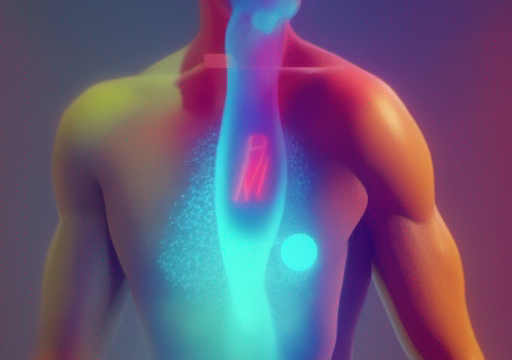
Possible Causes – Hypertension, over 140 mmHg
Hypertension, or high blood pressure, is a common condition that can have a variety of causes. While some cases of hypertension are classified as “essential” or “idiopathic,” meaning they have no identifiable cause, there are several other potential causes of this symptom. 🤔
Some possible causes of hypertension include: 📝
1. Cardiovascular problems: Coarctation of the aorta, aortic regurgitation, and other heart conditions can lead to hypertension. 💖
2. Renal problems: Renal artery stenosis, polycystic kidney disease, and glomerular disease can all contribute to hypertension. 👀
3. Endocrine problems: Eclampsia, pheochromocytoma, and primary hyperaldosteronism (Cushing’s and Conn’s syndrome) can also cause hypertension. 🤝
It’s important to determine which problems are “active” and relevant to the current presentation in detail. 📝 Prioritize important and common problems in the systemic enquiry, such as: 🤔
* How far can you walk? 🚶♀️
* Can you manage a flight of stairs? 🏃♂️
* What stops you? 🤔
* Do you have a cough? 🤧
* When did you last move your bowels? 🚽
* Do you have any difficulty passing urine? 🚽
* Have you been incontinent? 🚽
* Have you lost weight? 💔
* Have you fallen or blacked out? 🤕
By exploring these potential causes and their relevance to the current presentation, healthcare providers can better understand the underlying cause of hypertension and develop an appropriate treatment plan. 💡
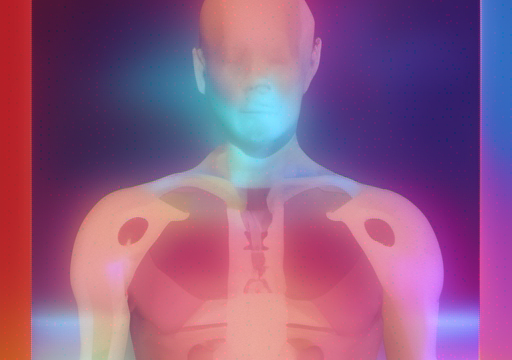
Diagnosis – Hypertension, over 140 mmHg
Diagnosing Hypertension: Over 140 mmHg 💡
Hypertension, or high blood pressure, is a common condition that can lead to serious health problems if left untreated. 💔 As a healthcare professional, it’s important to know how to diagnose hypertension accurately. Here are some guidelines to help you diagnose hypertension over 140 mmHg:
1️⃣ Take a thorough medical history 📝: Ask the patient about their symptoms, medical history, and lifestyle habits. This will help you identify potential causes of hypertension, such as smoking, alcohol consumption, or a lack of physical activity.
2️⃣ Perform a physical examination 🤝: Check the patient’s blood pressure at different times of the day and in different positions (sitting, standing, and lying down). Also, listen for any abnormal sounds in the heart and lungs.
3️⃣ Use a sphygmomanometer 💡: This is a device used to measure blood pressure. Place the cuff around the patient’s arm and inflate it to the appropriate pressure. Then, slowly release the pressure while listening for the sound of blood flow (known as the pulse).
4️⃣ Use a blood pressure monitor 📊: A blood pressure monitor can be used to measure blood pressure at home. These devices are available at most drugstores and can provide accurate readings.
5️⃣ Check for white coat hypertension 💊: Some people may experience high blood pressure in a medical setting due to anxiety or stress. This is known as white coat hypertension. Be sure to ask the patient about their medications and any medications they are taking for hypertension.
6️⃣ Use the Joint National Committee on Prevention, Detection, Evaluation, and Treatment of High Blood Pressure (JNC) criteria 📈: The JNC criteria provide guidelines for diagnosing and treating hypertension. These criteria include:
* Blood pressure of 140/90 mmHg or higher
* Blood pressure that is consistently elevated over time
* Symptoms of hypertension, such as headaches, dizziness, or shortness of breath
* Other conditions that may contribute to hypertension, such as kidney disease or sleep apnea
7️⃣ Consider the patient’s age and other health conditions 🤝: Hypertension can be more common in older adults and people with other health conditions, such as diabetes or kidney disease. Be sure to take these factors into account when diagnosing and treating hypertension.
8️⃣ Use our tool Yesil Health AI 💻: Yesil Health AI is a digital tool that can help you assess your symptoms and understand your risk for hypertension. It’s a quick and easy way to get an accurate diagnosis and start treatment if needed.
Remember, diagnosing hypertension is just the first step in managing the condition. 💪 Once you have a diagnosis, you can work with your healthcare provider to develop a treatment plan that’s right for you. 💕 #Hypertension #HighBloodPressure #Diagnosis #Healthcare #Wellness
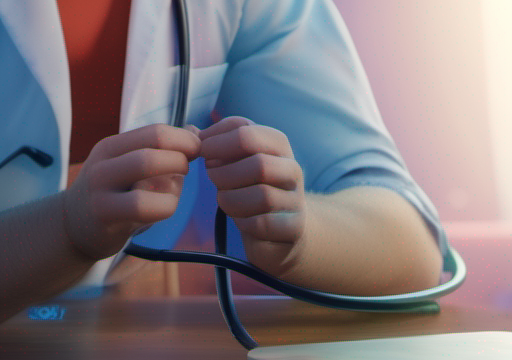
Treatment – Hypertension, over 140 mmHg
Hypertension, or high blood pressure, is a common condition that affects millions of people worldwide. When blood pressure exceeds 140 mmHg, it can lead to serious health complications such as heart disease, stroke, and kidney failure. Fortunately, there are several treatment options available to help reduce blood pressure and manage hypertension. 💡
Lifestyle Changes:
The first step in treating hypertension is to make lifestyle changes. This includes reducing sodium intake, increasing potassium-rich foods, exercising regularly, and maintaining a healthy weight. These changes can help lower blood pressure naturally and are often effective in reducing hypertension. 🏋️♀️
Medications:
There are several types of medications that can be used to treat hypertension. Diuretics, beta blockers, ACE inhibitors, and calcium channel blockers are some of the most common medications used to lower blood pressure. These medications work by relaxing blood vessels, reducing heart rate, and decreasing the amount of sodium in the body. 💊
Herbal Remedies:
In addition to medications, there are several herbal remedies that can help reduce hypertension. For example, the herb hawthorn has been shown to lower blood pressure by relaxing blood vessels and improving cardiovascular function. Other herbs such as ashwagandha, coleus, and ginger have also been shown to have a positive effect on blood pressure. 🌿
Practical Relief Suggestions:
In addition to lifestyle changes and medications, there are several practical relief suggestions that can help manage hypertension. These include using a blood pressure monitor to track blood pressure at home, practicing stress-reducing techniques such as meditation or deep breathing, and getting enough sleep each night. 😴
In conclusion, hypertension can be a serious condition that can lead to serious health complications if left untreated. However, with the right treatment options and lifestyle changes, it is possible to manage hypertension and reduce blood pressure to a healthy level. By making healthy lifestyle choices and working with a healthcare provider, it is possible to reduce the risk of hypertension and live a healthy, active life. 🏋️♀️💪
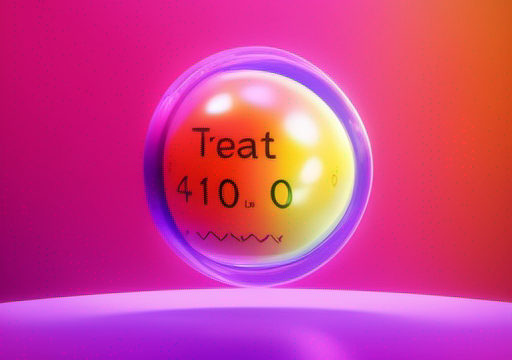
FAQ
Sure, here are 10 FAQs for hypertension, along with patient questions and answers:
💊 Q: What is hypertension?
A: Hypertension is a medical condition where the blood pressure in your body is consistently too high. This can lead to serious health problems like heart disease, stroke, and kidney disease.
💔 Q: How do I know if I have hypertension?
A: You can check your blood pressure at home or at your doctor’s office. If your blood pressure is consistently above 140/90 mmHg, you may have hypertension.
🚶♀️ Q: Can I manage hypertension through lifestyle changes?
A: Yes, making healthy lifestyle changes like exercising regularly, eating a healthy diet, and managing stress can help manage hypertension.
🍔 Q: What foods can help lower my blood pressure?
A: Foods that are rich in potassium, calcium, and magnesium can help lower blood pressure. These include fruits, vegetables, whole grains, and lean proteins.
💭 Q: Can I take medication to manage hypertension?
A: Yes, medication can be used to manage hypertension. There are several types of medications available, including diuretics, beta blockers, and ACE inhibitors.
💔 Q: Can hypertension be cured?
A: Hypertension can be managed and controlled with lifestyle changes and medication, but it cannot be cured completely.
💪 Q: How often should I check my blood pressure?
A: You should check your blood pressure at least once a month to monitor your hypertension and make any necessary adjustments to your treatment plan.
🤔 Q: Can I drink alcohol if I have hypertension?
A: It’s important to limit your alcohol intake if you have hypertension. Excessive alcohol consumption can raise your blood pressure and make your hypertension worse.
🏋️♀️ Q: Can exercise help manage hypertension?
A: Yes, regular exercise can help lower blood pressure and manage hypertension. Aim for at least 30 minutes of moderate-intensity exercise per day.
💤 Q: Can stress cause hypertension?
A: Yes, stress can raise your blood pressure and make your hypertension worse. It’s important to manage stress through relaxation techniques like deep breathing, meditation, or yoga.
Summary
High blood pressure, also known as hypertension, is a common condition that can have serious consequences if left unchecked. 💊 It’s important to be aware of the signs and symptoms of high blood pressure, as it can be a silent killer without any noticeable symptoms. 💔
Some common signs of high blood pressure include:
🏋️♀️ Shortness of breath
🤯 Dizziness or lightheadedness
😩 Fatigue
😳 Headaches
😤 Irritability
It’s important to have your blood pressure checked regularly by a healthcare professional, as high blood pressure can be caused by a variety of factors, including genetics, lifestyle choices, and underlying medical conditions. 🤔
If you’re concerned about high blood pressure, talk to your doctor about your risk factors and what you can do to manage it. 💬 They may recommend lifestyle changes, such as a healthy diet and regular exercise, or medication to help lower your blood pressure. 💊
Remember, it’s always better to be safe than sorry when it comes to your health. 🙏 So don’t hesitate to get your blood pressure checked and take steps to manage it if necessary. 💪
Incorporating analogies and metaphors:
High blood pressure is like a ticking time bomb in your body. If left unchecked, it can cause serious damage to your heart, brain, and other vital organs. 💣 It’s important to be aware of the signs and symptoms of high blood pressure, so you can take steps to manage it before it’s too late. ⏰
Using rhetorical questions:
Do you know the signs of high blood pressure? 🤔 Are you at risk for developing high blood pressure? 🤓 What can you do to manage high blood pressure if you’re diagnosed? 💡
Incorporating personal pronouns:
You can take control of your health by being aware of the signs and symptoms of high blood pressure. 💪 It’s important to get your blood pressure checked regularly and take steps to manage it if necessary. 💕
Using emojis to break up the text:
💊 💔 🏋️♀️ 🤯 😩 😳 😤 💬 💪 💕
>
https://www.healthline.com/health/uncontrolled-hypertension
https://www.heart.org/en/health-topics/high-blood-pressure/understanding-blood-pressure-readings/hypertensive-crisis-when-you-should-call-911-for-high-blood-pressure
https://my.clevelandclinic.org/health/diseases/4314-hypertension-high-blood-pressure

